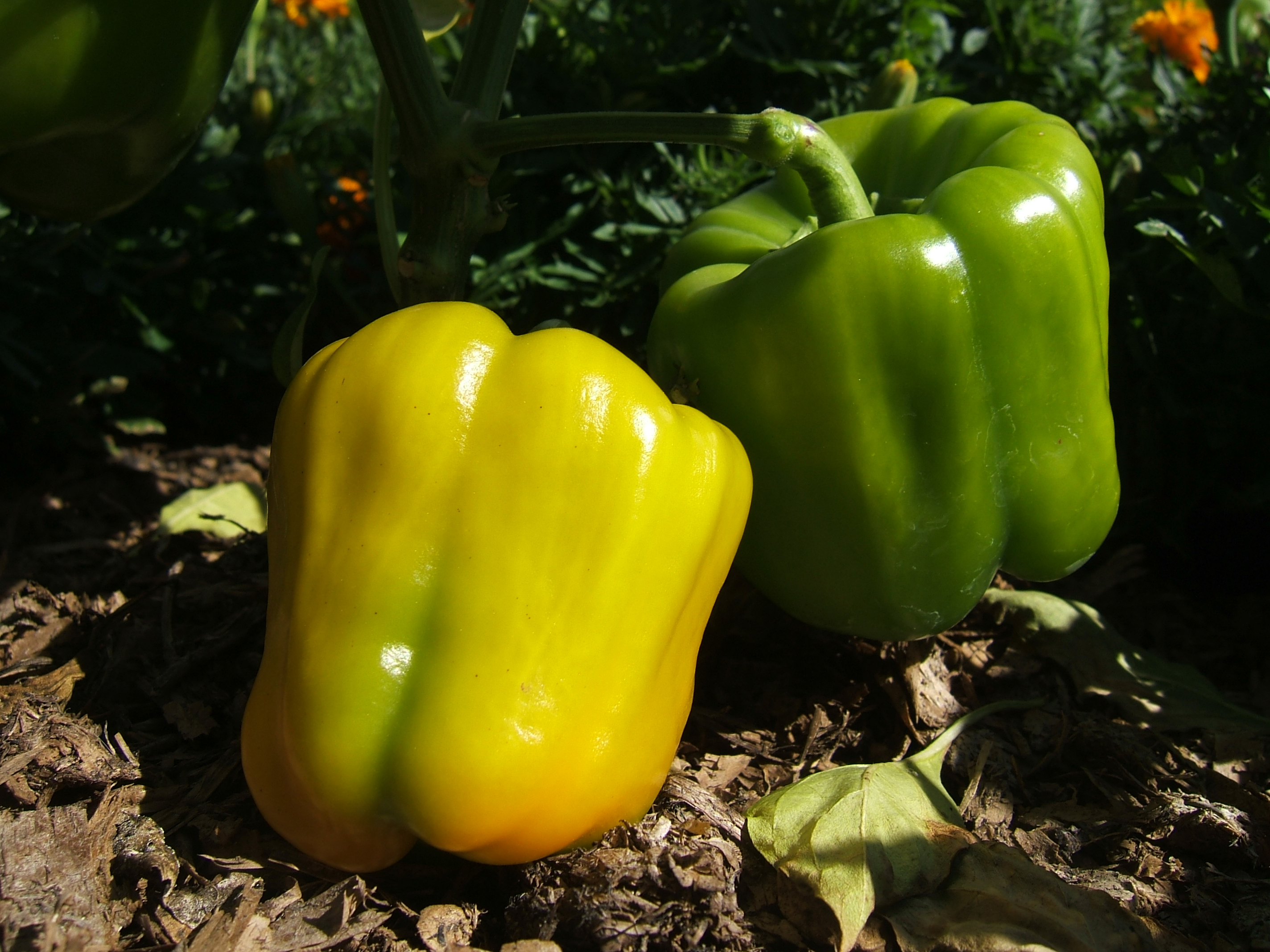Organic Vs. Synthetic Fertilizers: Which Is Best for Nurturing Healthy Pepper Plants?
In the realm of supporting healthy pepper plants, the choice in between synthetic and organic plant foods stands as a critical choice with far-ranging ramifications. While both options purpose to give crucial nutrients to sustain plant development, the subtleties of their effect on the dirt, plant wellness, and the setting stimulate a dispute that mirrors throughout the horticulture neighborhood. Understanding the unique benefits and possible risks of each fertilizer type is critical for pepper cultivators looking for to optimize their returns while keeping an eco-conscious and sustainable approach.
Benefits of Organic Fertilizers
Organic plant foods offer an environmentally-friendly and sustainable approach to beneficial pepper plants, giving crucial nutrients without making use of synthetic chemicals. These natural plant foods are originated from natural resources such as compost, manure, bone meal, and algae, promoting soil wellness and biodiversity. Unlike artificial fertilizers, natural alternatives launch nutrients slowly, making certain a steady and well balanced supply for pepper plants to grow.
One considerable advantage of organic fertilizers is their ability to improve soil framework and water retention. By improving dirt health and wellness, organic plant foods advertise helpful microbial activity, which helps in nutrient uptake by pepper plants. Furthermore, natural plant foods decrease the threat of chemical run-off, protecting water resources from pollution and protecting the atmosphere.
Furthermore, natural fertilizers add to long-term soil fertility by promoting the growth of useful dirt microorganisms. These organisms assist damage down organic matter, launching nutrients in a form that is conveniently accessible to pepper plants. best fertilizers for peppers. By promoting a healthy dirt community, natural fertilizers support sustainable pepper cultivation methods that benefit both plants and the environment
Drawbacks of Artificial Fertilizers
Artificial fertilizers, in comparison to their natural equivalents, position different downsides when made use of to nourish pepper plants, influencing both plant wellness and ecological sustainability. One significant downside of artificial fertilizers is their tendency to seep nutrients from the dirt quickly. This rapid leaching can lead to vitamins and mineral imbalances in the soil, creating plants to experience toxicities or deficiencies. Additionally, synthetic plant foods can hurt useful soil organisms, such as earthworms and beneficial bacteria, interrupting the dirt ecological community's equilibrium.
Furthermore, the overuse of synthetic plant foods can add to water air pollution. Excess plant foods not soaked up by plants can wash away right into water bodies, bring about eutrophication, where algae blooms deplete oxygen degrees in the water, damaging aquatic life. Artificial fertilizers are generally obtained from non-renewable sources, such as fossil gas, adding to carbon exhausts and environmental deterioration throughout their production.
Nutrient Absorption Contrast
When comparing natural and synthetic fertilizers in terms of nutrient absorption, organic fertilizers have the advantage of providing a much more well balanced and slow-release source of nutrients. Organic plant foods include a selection of macro and trace elements that are not only useful for the plants but also promote healthy dirt microbial task, which assists in nutrient uptake.
Additionally, natural fertilizers improve soil framework and water retention ability, enabling pepper plants to accessibility nutrients extra effectively. This improved soil high quality promotes root development, making it possible for much better nutrient absorption. Synthetic fertilizers, although at first boosting plant development because of their high nutrient concentrations, might hinder long-lasting nutrient absorption by degrading dirt wellness with time.
Ecological Impact Considerations

On the other hand, artificial fertilizers, although commonly more promptly offered and concentrated to plants, can have destructive results on the atmosphere otherwise used effectively (best fertilizers for peppers). Their manufacturing needs high power inputs, resulting in greenhouse gas discharges and adding to environment modification. In addition, the runoff of excess synthetic plant foods can infect water sources, causing eutrophication and hurting marine environments.
Ideal Fertilizer Practices for Peppers
When feeding pepper plants, enhancing nutrient uptake and decreasing ecological impact are crucial factors to consider. To achieve this, it is necessary to comply with ideal fertilizer techniques tailored to the details demands of pepper plants. One essential method is to carry out a dirt test before using any kind of plant foods. This examination can identify the pH degree of the dirt and recognize any type of nutrient deficiencies, directing you in choosing the most suitable plant food formulation.
Another important technique is to fertilize pepper plants at the correct time. Typically, peppers profit from receiving plant food at growing and afterwards again when they begin to flower. Over-fertilizing can lead to nutrition imbalances and damage the plants, so it is essential to follow advised this contact form application rates.
Furthermore, selecting a balanced plant food with an NPK proportion that fits pepper plants' requirements is essential. Organic fertilizers, such as garden compost or manure, can be superb options as they launch nutrients slowly and enhance dirt framework over time. Synthetic fertilizers can supply a fast nutrient boost when required. Ultimately, incorporating natural and artificial plant foods deliberately can assist support healthy and balanced pepper plants while reducing ecological effect.
Verdict

Organic fertilizers supply a lasting and environmentally-friendly strategy to nourishing pepper plants, offering important nutrients without the usage of artificial chemicals. Unlike synthetic plant foods, organic options launch nutrients gradually, making sure a balanced and consistent supply for pepper plants to thrive.
Synthetic plant foods, in comparison to their organic counterparts, pose different downsides when utilized to nurture pepper click for info plants, impacting both plant health and wellness and environmental sustainability. When contrasting artificial and natural plant foods in terms of nutrient absorption, organic fertilizers have the advantage of giving a much more well balanced and slow-release resource of nutrients.Additionally, natural fertilizers improve dirt framework and water retention capacity, enabling pepper plants to gain access to nutrients a lot more successfully.